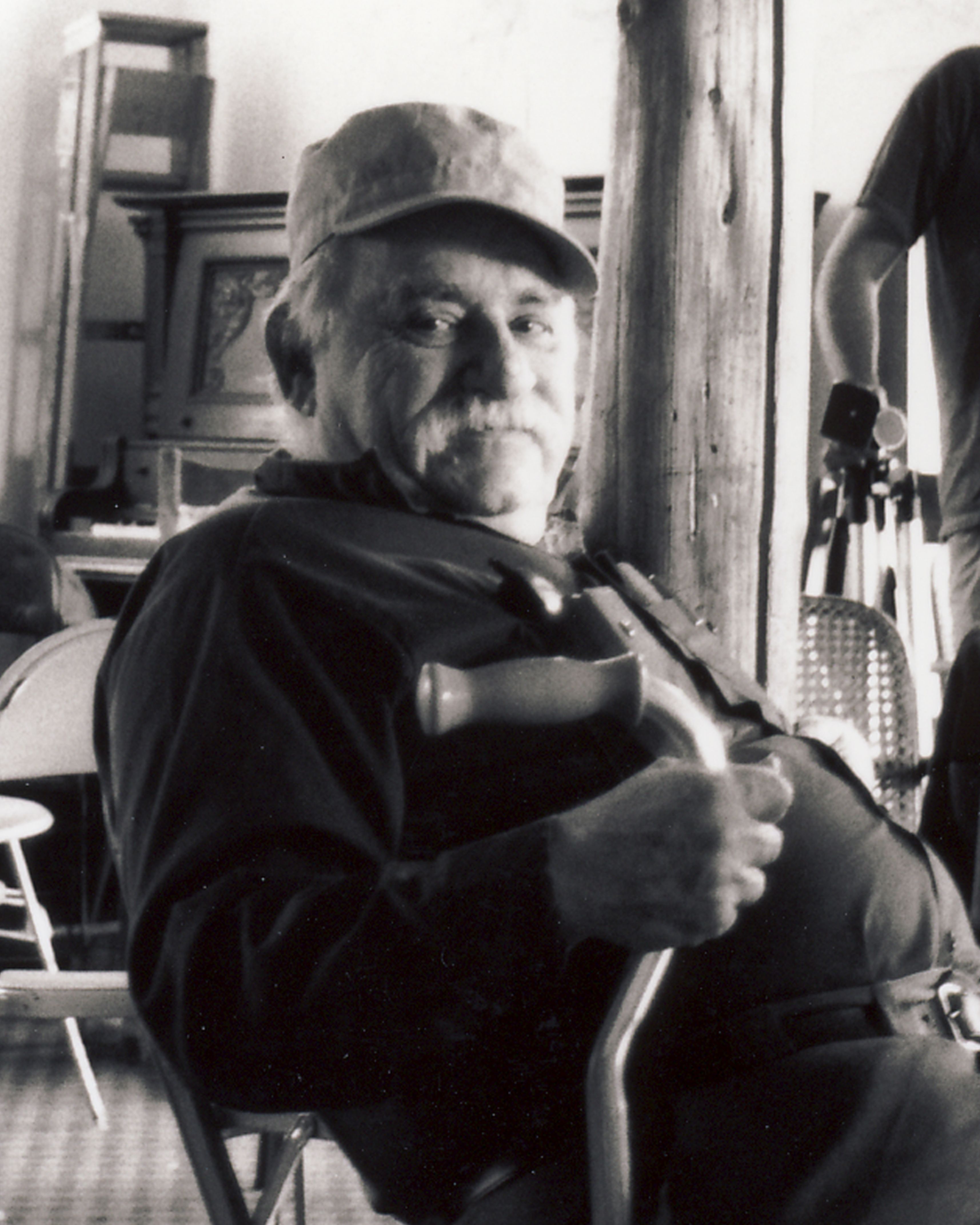 |
| Murray Bookchin |
"Defending
the Earth", published by Black Rose Books, contains the full transcripts
of an important debate between Murray Bookchin and Dave Foreman. The debate
took place in 1989. The book also contains follow up essays by Bookchin and
Foreman written a year later.
During the 1980's, the American environmentalist movement was rocked by a conflict between "social" ecologists and "deep" ecologists. Bookchin, a social ecologist and left-wing activist of long standing, sharply criticized the deep ecologists for misanthropy, racism and pro-establishment positions. Foreman, a leading activist within Earth First, was seen by many as the most prominent representative of the deep ecologist side. The debate between the two men found in this book is therefore of considerable interest.
The debate speaks for itself, since both debaters are very lucid and to the point, but I will nevertheless attempt a summary. Bookchin believes (or believed - he is now deceased) in a kind of synthesis between traditional left-wing ideas and environmental activism. This is the famed "social ecology". In some ways, Bookchin's politics resemble anarchism, but it's an anarchism muted by participation in local elections and the creation of Green political parties. Bookchin believed that the traditional New England town meetings could somehow be used and expanded upon to create a left-libertarian confederation outside the control of the federal government. He somehow wanted to relate left-wing anarchism to the "Jeffersonian" tradition.
Bookchin criticized the deep ecologists for insufficient interest in social issues, and for taking positions which at their worst were misanthropic, racist and imperialist. He also attacked New Age influences on the Green movement, and rejected the idealization of the Stone Age in favour of eco-technology. Particularly contentious was Bookchin's claim that humans are somehow a natural product of evolution, that humans have evolved a "second nature" (society) in addition to biological "first nature", and that humans therefore can intervene in the biosphere for the benefit of all living species. (To his critics, this was a kind of thinly veiled anthropocentrism.) Another central point for Bookchin was the notion that exploitation of nature is directly related to human hierarchies. An egalitarian, non-capitalist, left-libertarian society is therefore a precondition for an environmentally sustainable world.
Dave Foreman's opinions were clearly in flux at the time of the debate, and he concedes many of Bookchin's points, and even apologizes for some of his most extreme statements about immigration and starvation. Still, it's obvious that his entire approach is very different from Bookchin's. He explicitly rejects the leftist label, sharply criticizes the left for indifference to ecological concerns, and places himself in the radical conservationist tradition of John Muir and Aldo Leopold. He also speaks positively of Thoreau. Ironically, there is an undertone of "Jeffersonianism" in his speeches, exactly the kind of thing Bookchin was so eager relating to!
Foreman further believes that both traditional leftists and social ecologists are indifferent to the problem of overpopulation and massive, unrestricted immigration. Foreman didn't have clear answers on these topics at the time of the debate (he admits as much), but he criticizes the left for simply shoving them under the rug. In Foreman's opinion, there are biological limits to population and civilization in general, which we ignore at our peril. This also affects his view of immigration, which was very ambivalent at the time of the debate. Foreman also defends a "biocentrist" perspective on ethics, similar to the Deep Ecology Platform of Arne Naess and the land ethic of Leopold. All living creatures have the right to exist, whether or not they are instrumentally useful for humans. Foreman also mentions Earth First's proposal to "rewild" pretty much half of North America, making substantial areas completely off limits to humans and human development.
The editors of "Defending the Earth" clearly hoped that the debate between Bookchin and Foreman would untie some knots and lead to a détente or even rapprochement within the Green movement. There were some areas of agreement between the protagonists. Both soundly rejected a reformist perspective, Bookchin claims to support wilderness defence and the actions of Earth First, and Foreman explicitly expresses support for the Sandinista revolution in Nicaragua. Bookchin also strongly supports Foreman against the FBI. However, I suspect that the thaw was short lived. Bookchin certainly didn't change his mind on any issue. Foreman left Earth First shortly afterwards, charging that it had become too "social ecologist". Foreman's new perspective sounds more reformist, while still being deep ecologist, emphasizing biocentrism and the issue of overpopulation. (That the convergence between the two strands of Green thought never took place can also be seen in George Bradford's book "Beyond Bookchin", a criticism of Bookchin from an anarcho-primitivist perspective.)
Despite being very dated, "Defending the Earth" is nevertheless a very interesting read, precisely since the chasm between social and deep ecology still exists.
No comments:
Post a Comment